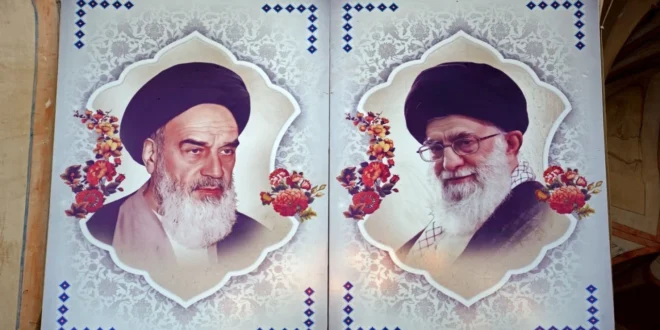As the Islamic Republic of Iran enters a critical juncture, the future of its leadership remains shrouded in uncertainty. The recent election of Masoud Pezeshkian to the presidency may have grabbed headlines, but the true contest for power lies in determining who will succeed the aging Supreme Leader, Ali Khamenei.
Khamenei, who has ruled Iran with an iron fist for the past 35 years, is now 85 years old. His potential successor, Ebrahim Raisi, met an untimely demise in a helicopter crash, leaving the field wide open. Enter Mojtaba Khamenei, the 55-year-old son of the current supreme leader, who now finds himself in a prime position to inherit his father’s mantle.
On paper, Mojtaba is simply a teacher at a seminary school. But in reality, he is the de facto manager of his father’s office, giving him a deep understanding of the regime’s inner workings. His close ties to the Islamic Revolutionary Guard Corps and the broader security apparatus could prove crucial in his quest for power.
However, Mojtaba’s path to the top is far from assured. Within the complex power dynamics of the Islamic Republic, the supreme leader is the highest authority, with the ability to shape the armed forces and override almost any legislative or executive policy. Consequently, a new leader can swiftly purge their predecessor’s top officials and even charge them with capital offenses, as the regime’s history has demonstrated.
The past offers a telling precedent. When Khamenei himself rose to power following the death of Ayatollah Ruhollah Khomeini in 1989, he and then-parliamentary speaker Ali Akbar Hashemi Rafsanjani conspired to depose Khomeini’s designated successor, Grand Ayatollah Hossein Ali Montazeri. Mojtaba would do well to heed this lesson and focus on consolidating his power.
Mojtaba’s ascension will likely face challenges from multiple fronts. Senior ayatollahs, the “reformist” faction, and even conservative figures like Sadeq Larijani may all vie for the top position, arguing that hereditary succession undermines the regime’s own rhetoric of ending monarchical rule.
Curiously, Supreme Leader Khamenei has remained silent on the issue of his successor, fueling speculation about his true wishes. Some reports suggest he defends his son in private, while others indicate he opposes the idea of hereditary succession.
Regardless of the outcome, one thing is clear: the fight for the heart of the Islamic Republic will be a bloody and contentious affair. Mojtaba may be the front-runner, but his power could crumble the moment his father is gone. For Iranians yearning for freedom and regional leaders seeking an end to Tehran-sponsored terror, the future remains grim – any successor is likely to disappoint.
The stakes are high, and the stakes are personal. The Islamic Republic’s succession game is just beginning, and the world will be watching closely as the power dynamics unfold.

 Geostrategic Media Political Commentary, Analysis, Security, Defense
Geostrategic Media Political Commentary, Analysis, Security, Defense




